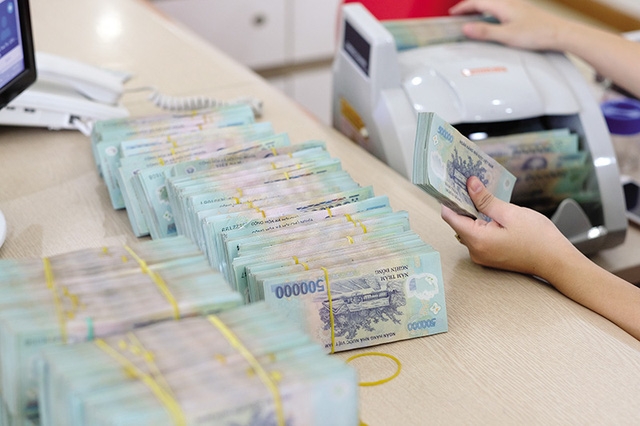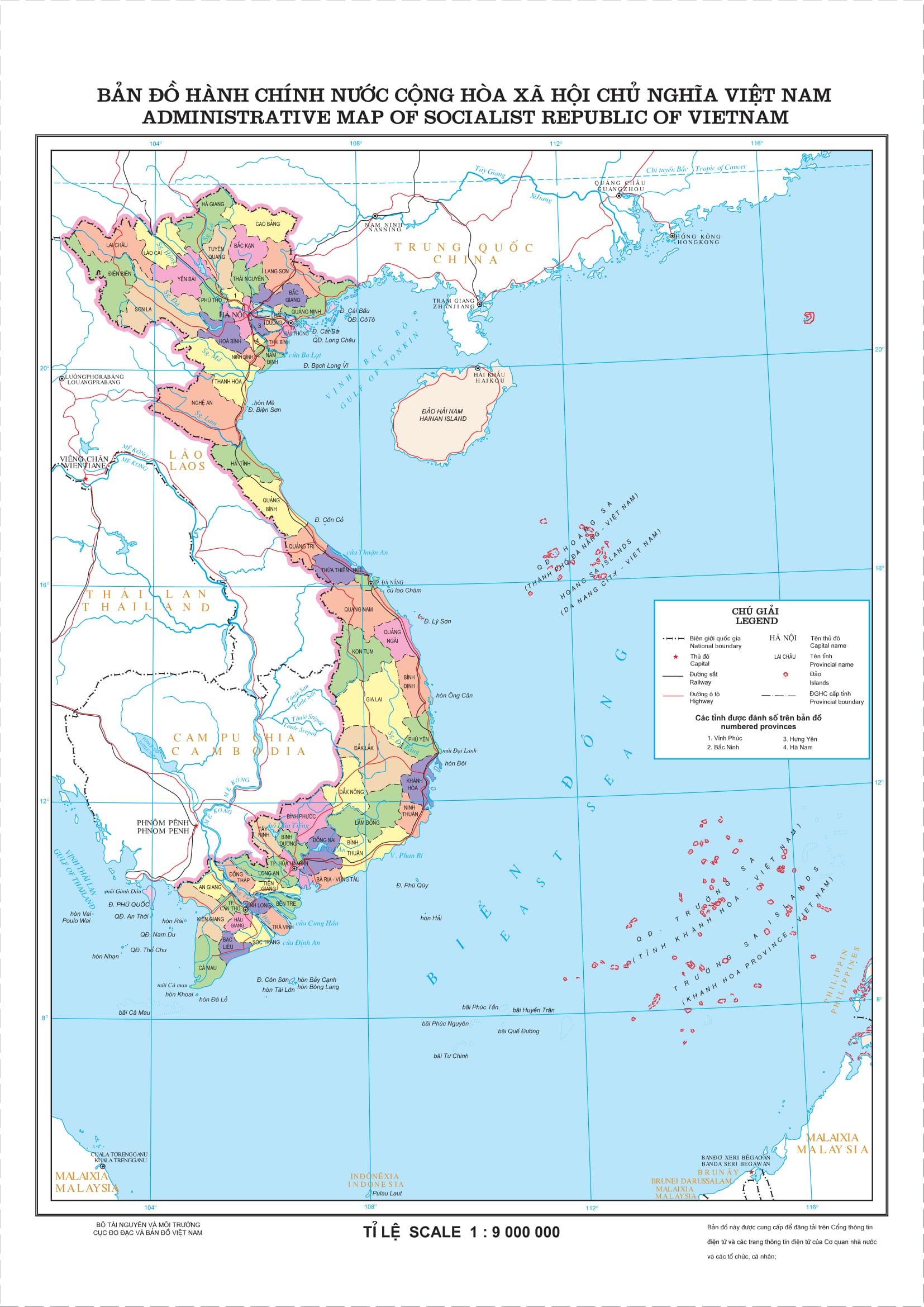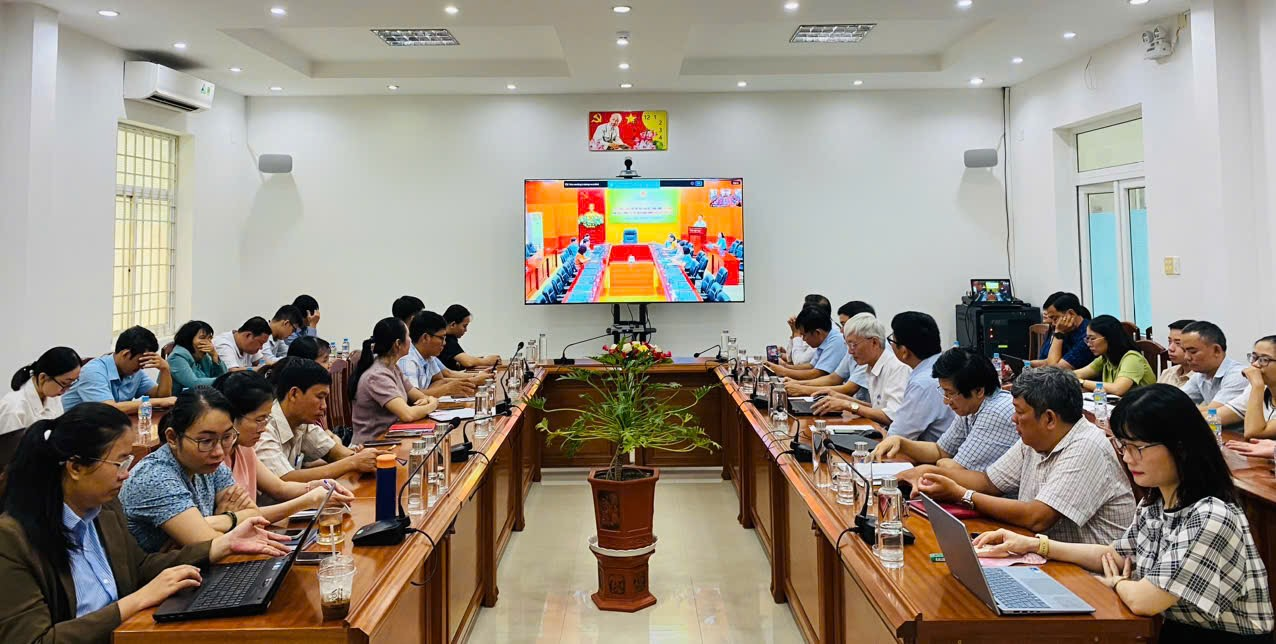Tasks and powers of the Salary Department of the Ministry of Home Affairs in Vietnam
What are the tasks and powers of the Salary Department of the Ministry of Home Affairs in Vietnam? – Ngoc Huong (Binh Thuan)

Tasks and powers of the Salary Department of the Ministry of Home Affairs in Vietnam (Internet image)
Regarding this issue, LawNet would like to answer as follows:
1. What is the Salary Department of Vietnam?
The Salary Department is an organization of the Ministry of Home Affairs, with the function of advising and assisting the Minister in state management on policies, salary regimes, allowances, living expenses, and bonuses for cadres, civil servants, state employees, armed forces, and contract workers in state agencies and non-business organizations of the State; and assisting the Minister in performing the permanent duties of the Central Steering Committee on reforming salary, social insurance, and preferential policies for people with meritorious services.
(Article 1 of Decision 67/QD-BNV in 2016)
2. Tasks and powers of the Salary Department of the Ministry of Home Affairs in Vietnam
Specifically, in Article 2 of Decision 67/QD-BNV in 2016, the Salary Department of Vietnam advises and assists the Minister of Home Affairs in performing the following tasks and powers:
- Develop schemes on salary policy reform as assigned by the Government and the Prime Minister and legal documents submitted to competent authorities for promulgation on policies and regimes of salary, allowances, living expenses, and bonuses for cadres, civil servants, and public employees from central to high levels. communes, salaries of the armed forces, and contract workers in state agencies and non-business organizations of the State.
- Submit to the Minister for promulgation documents:
+ Guidelines for the implementation of regulations of the Government and the Prime Minister on: salary policies and regimes (base salary, salary table; salary grades, allowances, salary and income management);
Other policies and regimes (principle of rank ranking, salary grade, salary increase regime, salary regime, living expenses, bonus, and other salary-based regimes) for state cadres, civil servants, and public employees from central to commune level: salaries of the armed forces and contract workers in state agencies, state non-business organizations;
+ Guidelines for the grading and salary grades for state-owned enterprise management officers and employees, officers, professional soldiers, and soldiers of the armed forces when being mobilized, transferred to administrative agencies, or state non-business.
- Appraise and submit to the Minister for decision or comments on raising the salary level ahead of time for cadres, civil servants, and public employees of the rank of senior and equivalent specialists; decide to raise the rank and rank the salaries of senior and equivalent specialists who have not passed the exam for cadres, civil servants, and public employees who have announced their retirement after consulting with the Department of Civil Service - Public Officials.
Consult on the salary arrangement when appointing the rank of senior expert and the equivalent for cadres, civil servants, and public employees before the Civil Service - Public Employees Department submits it to the Minister for decision.
- Preside over the task of formulating and implementing the salary and remuneration regime for people working in associations and non-governmental organizations after consulting the Department of Non-Governmental Organizations and the Department of Civil Service - Public Officials.
- Participate with relevant agencies in the development of socio-economic policies related to policies, salary regimes, allowances, living expenses, and bonuses for cadres, civil servants, public employees, armed forces, and workers in the business sector.
- Provide professional guidance on policies, salary regimes, living allowances, and bonuses for the Departments (or Departments) of Organization and Personnel of Ministries, ministerial-level agencies, Governmental agencies, Departments of Home Affairs of provinces and centrally run cities, and non-business units of the State.
- Check the implementation and settlement of suggestions, complaints, denunciations, anti-corruption, negative related to policies, salary, allowances, living expenses, and bonuses for cadres, civil servants, state employees, armed forces, and contract workers in state agencies and non-business organizations of the State.
- Perform general statistics on salaries and incomes for officials, civil servants, and public employees, as well as statistics on the consumer price index between periods.
Apply information technology in professional work; build a database of salary information; and coordinate with the Information Center to apply information technology to the management, exploitation, and use of information databases to serve the leadership and management of the Ministry.
- Lead or participate in research on scientific topics; participate in professional training on policies and salary regimes for state officials, civil servants, and public employees. Organize national and international conferences and seminars in the field of salary and other salary regimes under the direction of the Minister.
- Organize preliminary and final review of the implementation of policies and regimes on salary, allowances, living expenses, and bonuses for cadres, civil servants, public employees, and employees according to the competence of the Ministry of Home Affairs.
- Perform other tasks assigned by the Minister.
- Perform the task of standing as the Standing Committee of the Central Steering Committee on salary policy reform, social insurance, and incentives for people with meritorious services (hereinafter referred to as the State Wage Steering Committee):
+ Organizing activities of the Editorial Team of the State Salary Policy Reform Scheme to prepare working programs, plans, and contents according to the operation program of the State Wage Steering Committee;
+ Preparing documents signed by the Minister on behalf of the State Wage Steering Committee to submit to competent authorities or send to ministries, ministerial-level agencies, agencies attached to the Government and the People's Committees of the provinces and centrally-run cities on the work related to the research and implementation of the Salary Policy Reform Scheme;
+ Coordinating with relevant ministries and branches to assume the prime responsibility for researching and developing proposals on salary policy reform as assigned by the State Wage Steering Committee;
+ Appraisal to submit to the State Wage Steering Committee for decision on projects related to salary scale, salary table, allowances, living expenses, bonuses, the mechanism of financial autonomy and autonomy in salary payment in state agencies, non-business units of the State, and the armed forces (army and police) developed by ministries, branches, and localities;
+ Coordinating with relevant agencies to implement steps to reform salary policy and urging inspection of the synchronous implementation of measures to reform salary policy to achieve set targets;
+ Proposing measures to promptly handle problems arising during the implementation of salary policy reform; summarizing the implementation of salary policy reform in each period.
- Penalties for fraudulent activities on e-commerce platforms in Vietnam
- Guidance on issuing driver licenses for individuals with expired driver licenses in Vietnam
- Cases of verification of driver licenses in Vietnam according to Circular 35
- Proposal on night shift allowance policies and meal support for healthcare employees in Vietnam
- What is Pi Network? Is Pi Network legal in Vietnam?
- Proposal to lower health insurance contribution rates to alleviate economic burden on citizens in Vietnam
-

- Some remaining issues and limitations in the organization ...
- 15:30, 18/01/2025
-

- Plan for administrative reform in 2025 by the ...
- 15:22, 11/01/2025
-

- Standards for awarding Commemorative Medals under ...
- 16:29, 11/12/2024
-

- Eligible individuals for the Commemorative Medals ...
- 08:00, 11/12/2024
-

- Reward amount for Commemorative Medals under the ...
- 10:35, 10/12/2024
-

- Guidelines for maintenance and renovation of villas ...
- 14:30, 21/02/2025
-

- Guidelines for maintenance and renovation of villas ...
- 14:30, 21/02/2025
-

- Procedures for high school admission in Vietnam
- 14:25, 21/02/2025
-

- Resolution 190: Principles for addressing certain ...
- 11:30, 21/02/2025
-

- Guidance on identifying cases of inaccurate or ...
- 11:00, 21/02/2025
 (1).png)
 Article table of contents
Article table of contents
